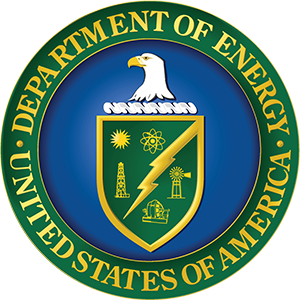Performance Contracting 101
The objective of this session is for attendees to understand the basics of energy performance contracting. Speakers will describe the various procurement-based mechanisms available to federal agencies and discuss best practices and strategies for evaluating and selecting the most appropriate performance contracting vehicle to pursue for your federal project. This session will provide a general overview of all performance contracting vehicle types and other procurement methods (power purchase agreements, enhanced use leases, utility privatization) available to federal agencies (owned and leased) that are evaluating different procurement pathways to implementing energy and water management projects at their federal sites.
Learning Objectives
Upon completion of this course, attendees will be able to:
- Identify the various procurement-based mechanisms available for implementing energy and water management projects;
- Identify best practices and strategies for evaluating performance contracting options;
- Assess the suitability of different performance contracting vehicles for specific federal projects;
- Recognize alternative procurement methods such as power purchase agreements, enhanced use leases, and utility privatization.










